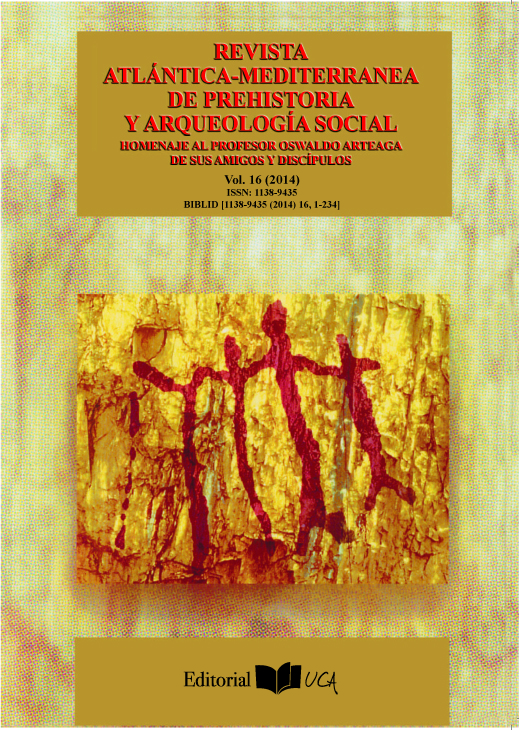The final copper age in the territory around the Bay of Lagos (Algarve, Portugal): changes in the material culture and evidence for social economic Transformation in early class society

Info
Abstract
In the territory surrounding the Bay of Lagos, the archaeological evidence confirm the dissolution of the power centre of Alcalar in the transition of the 3rd to the 2nd millennium cal B.C., and the emergence of policies with a minor political and territorial range. This change is reflected in the absence of public works and in the use of collective spaces by residential, non collective buildings. The dwelling areas are no longer enclosed by ditches and now include funerary functions, as a result of the fragmentation of the social and political structure, whereas the expression of the power is transferred from the architectural sphere to the exhibition of sumptuary objects and insignias that legitimised authority. In the period 2000-1700 cal BC, the emergence of personal leaderships over relatively restricted territories, leads to small, self-sufficient settlements, and to de disorganization of the circuits of distribution, which had characterized the Copper Age economy and society.
Keywords
Downloads

